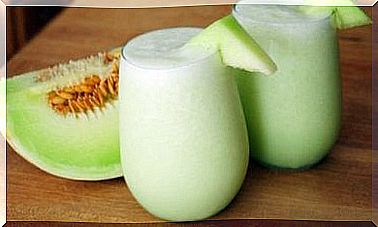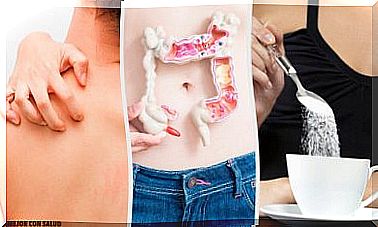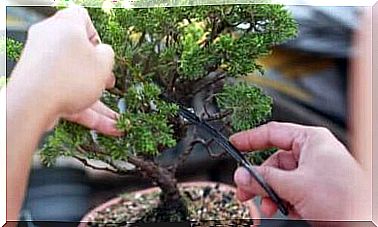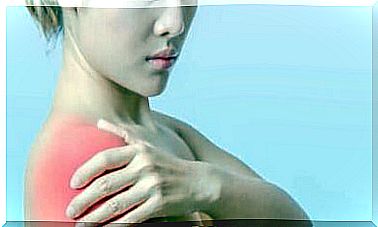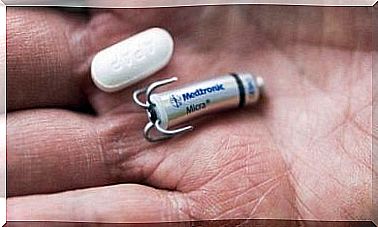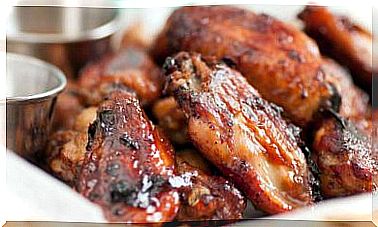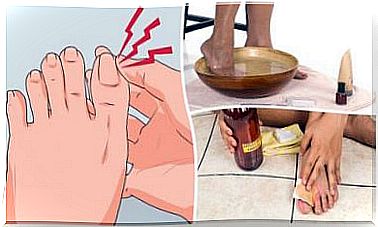Commercial Baby Food May Be Contaminated With Heavy Metals: Reports

There is a wide variety of commercial baby food on the market. However, a new report issued by the House Committee of Oversight and Reform has revealed that some of these products contain high levels of toxic metals.
The elements involved are lead, arsenic, cadmium and mercury. These can enter food through the environment, water or soil, where the raw materials for the products grow.
One in five analyzed products contained more than 10 times as much as the limit of 1 part per billion lead, set as a public health measure. According to the report, these metals are at risk for children’s long-term brain function and neurological development.
What does EDF’s report on baby food say?
A 2017 report from the Environmental Defense Fund (EDF) processed data from the US Food and Drug Administration’s (FDA) Total Diet Study (TDS) from 2003 to 2013.
TDS has found heavy metals in foods since the 1970s, and since 2003, 20% of commercial baby food has had detectable lead levels. The report estimates that more than 1 million children exceeded the spending limit set by the FDA.
For this reason, the study introduced a new, much more sensitive analysis method in 2014. The goal was to detect very low values of heavy metals in baby food. As a result, they found a higher percentage of contaminated food, 29.3%, compared to only 12.7% before 2014.
Two years later, the analysis found a significant decrease in lead values for baby fruit juices such as apple and grape. In 2017, the trend was the same and only 11% of the juices were found to be contaminated. However, 93% of foods such as sweet potatoes, carrots, crackers for toddlers and rice crackers showed a high content of lead.
And now the latest report from the US Congress reveals shocking new data. The results were based on a survey conducted in 2019 by non-profit organizations such as Healthy Babies Bright Futures.
The study found that out of 168 commercial baby food products, 160 were contaminated with heavy metals. For this reason, Congress found it necessary to set stricter standards for baby food producers and to regulate them vigorously.

What metals did the study find?
Recent research on baby food contamination found that 95% of commercial products were contaminated with lead.
75% of all baby foods contained cadmium and 73% contained arsenic. 32% of the commercial products were contaminated with mercury, while a quarter of the 168 tested foods contained a mixture of the four toxic metals.
Another study published in the journal Hospital Nutrition says that mercury affects the development of the nervous system in fetuses. It can also alter cognitive function, reproduction and risk of cardiovascular disease in newborns.
How to avoid baby food with heavy metals
These are some recommendations to consider to reduce your baby’s risk of being exposed to heavy metals:
- Check the labels carefully: The label contains details about the main ingredients of the product, which can help you identify the risk that it contains heavy metals.
- Give your child natural foods and prioritize variety: Children need a balanced diet that includes a wide variety of fruits, vegetables, grains and lean meats.
- Vary the grains you give your child: Rice is good, but other grains like oats, quinoa, barley and couscous are also good, healthy options.
- Check your water supply: Well water or old pipes may contain heavy metals.
- Replace juice with whole fruits: Whole or pureed fruits are safer than juices. Some types of juice contain high levels of heavy metals, which the body absorbs more easily.
- Prepare your own baby food: In addition to being more economical, you avoid the contamination that can occur during processing and packaging.
- Introduce healthy fish: Some fish are a source of mercury and other metals. As such, try to avoid swordfish, white tuna and sharks. Salmon, cod, light tuna, white fish and saithe are healthier options.
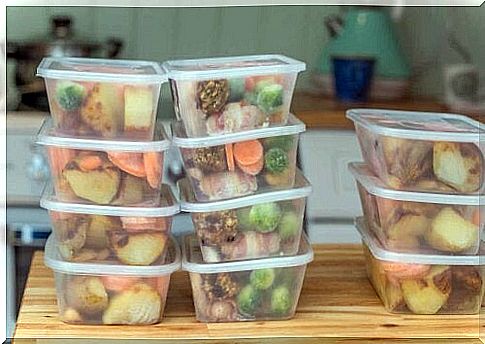
Reports on commercial baby food
The 2017 report contained some information on lead content in commercial baby food. For example, an analysis of 2164 commercial baby food products found that lead levels had increased compared to previous years:
- 20% of all samples contained lead, compared to 14% of other foods.
- 8 products contained lead in more than 40% of the samples.
- Baby grape juice had the highest values for lead compared to other types of juice.
- Sweet potato and carrot puree, biscuits and rice crackers contained large amounts of lead.
Until there are more rules that apply to the production of baby food, it is probably better to prepare fresh food at home. This will reduce your baby’s exposure to toxic metals and you can choose which foods you give them.
